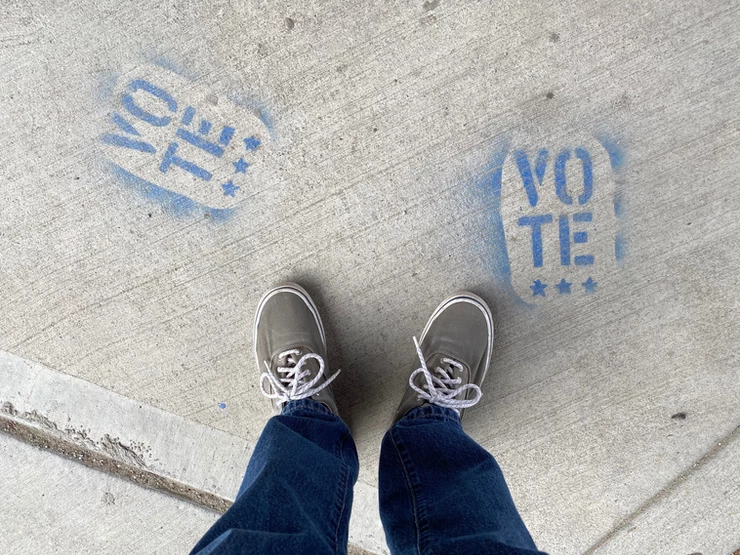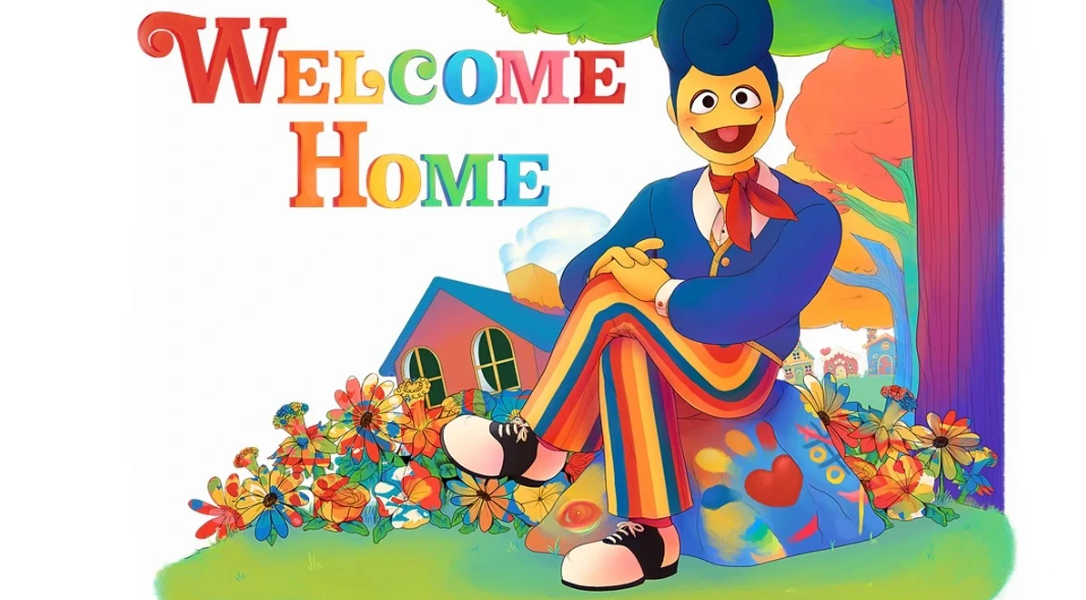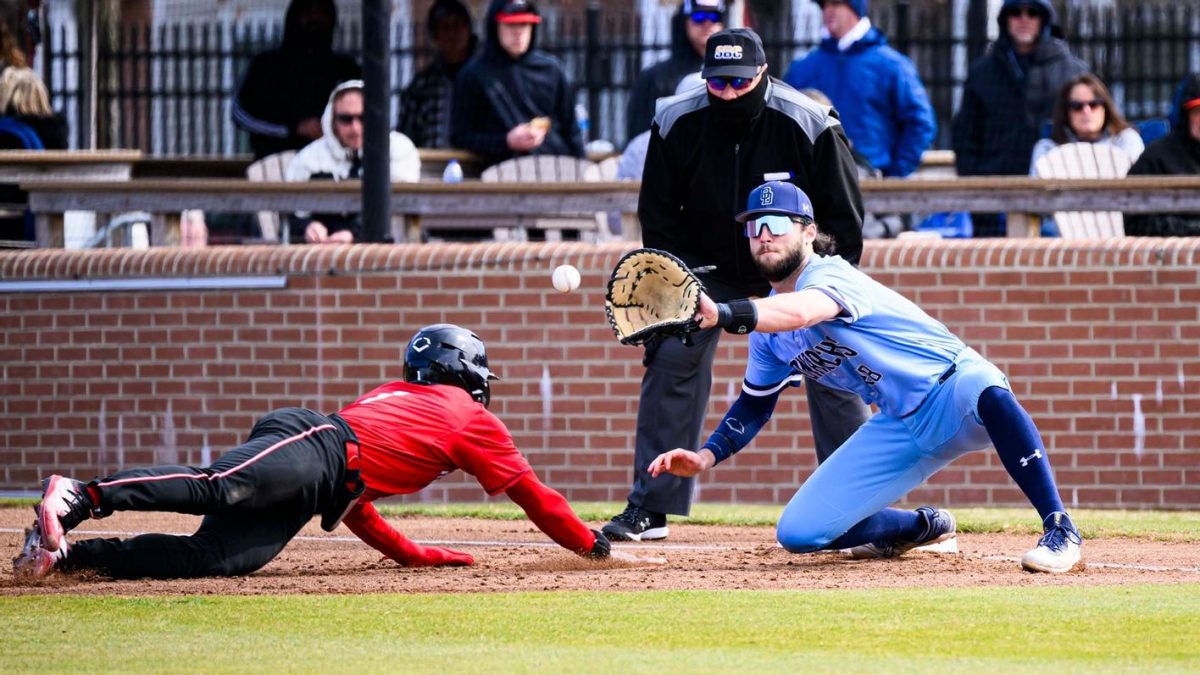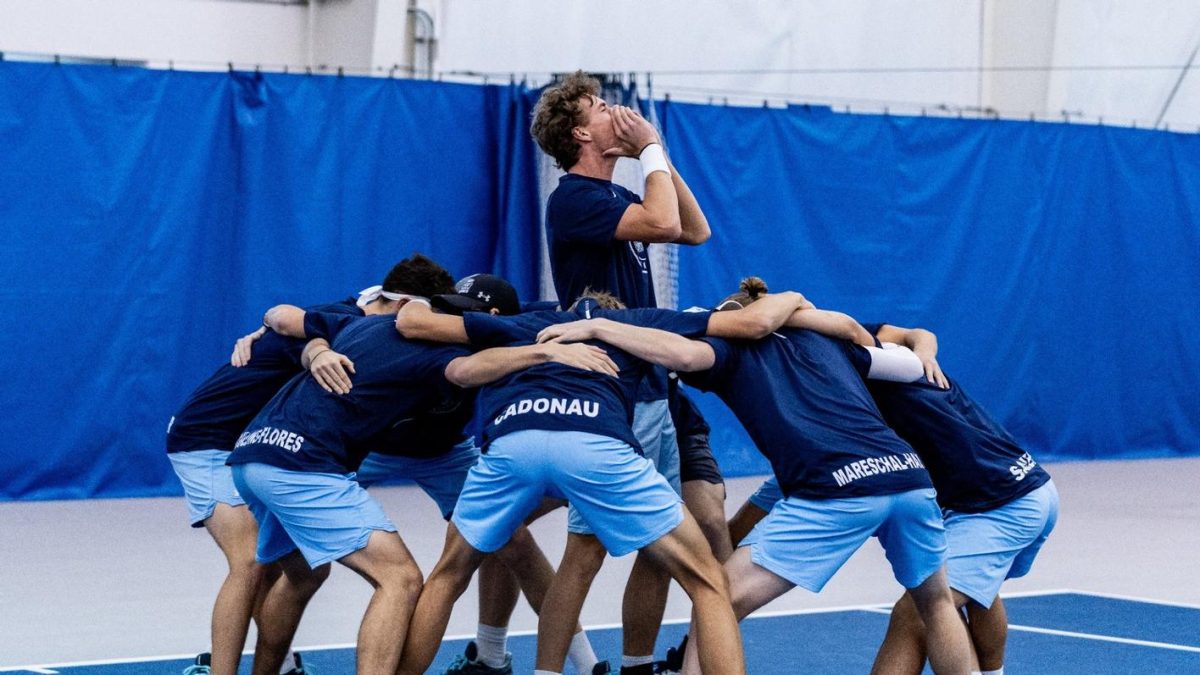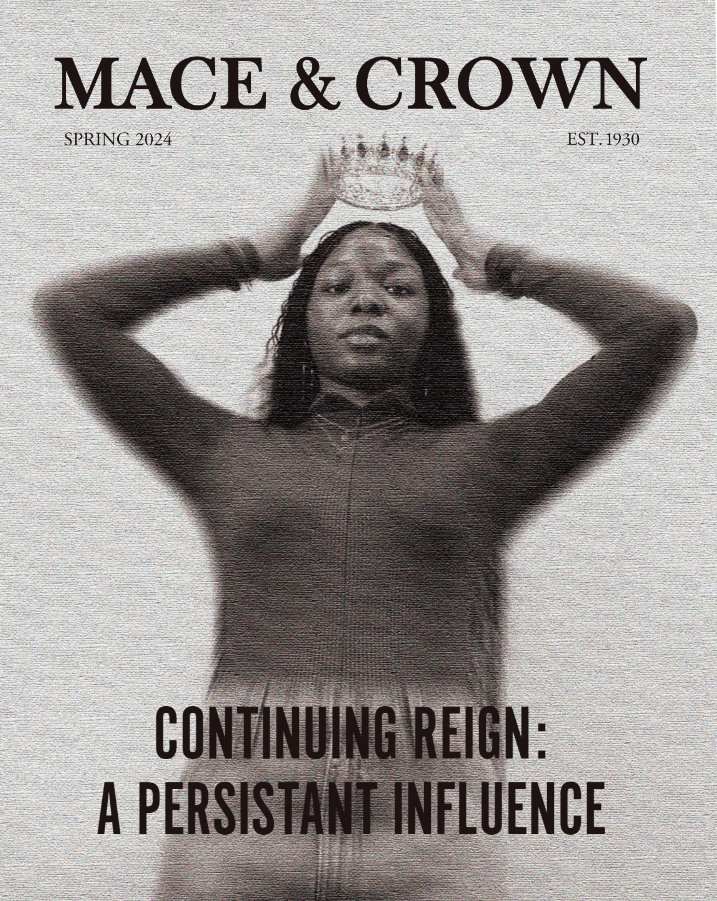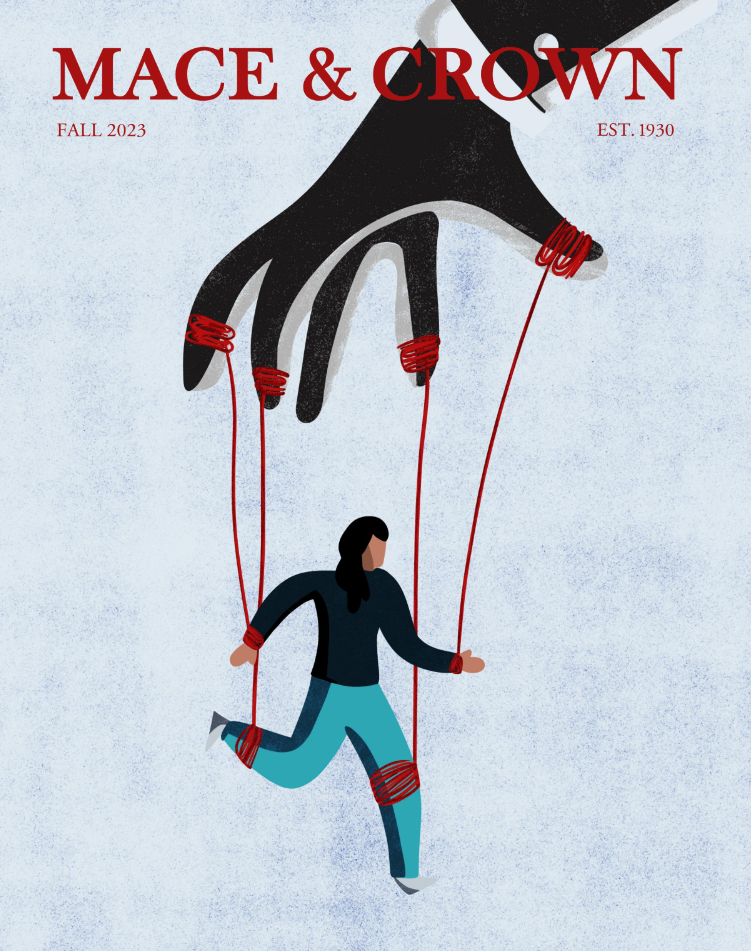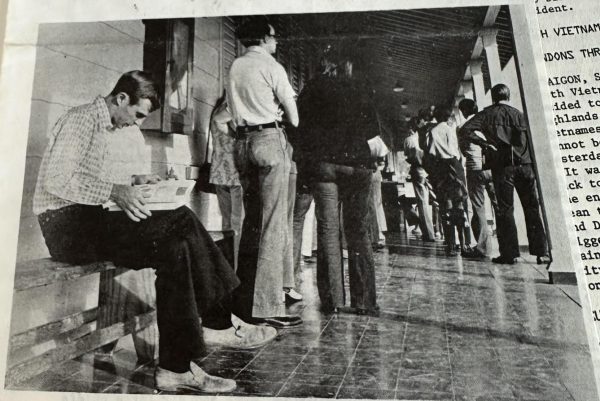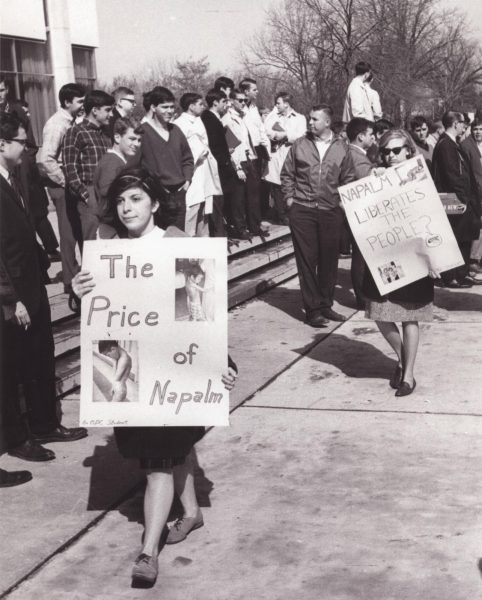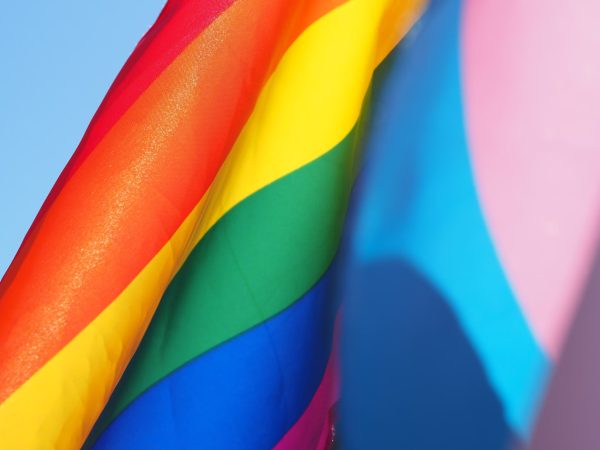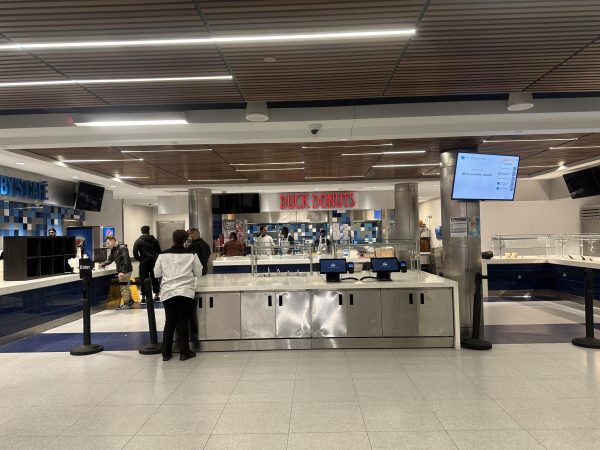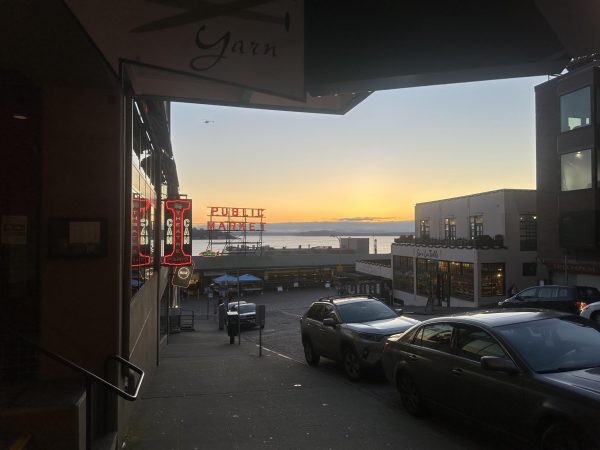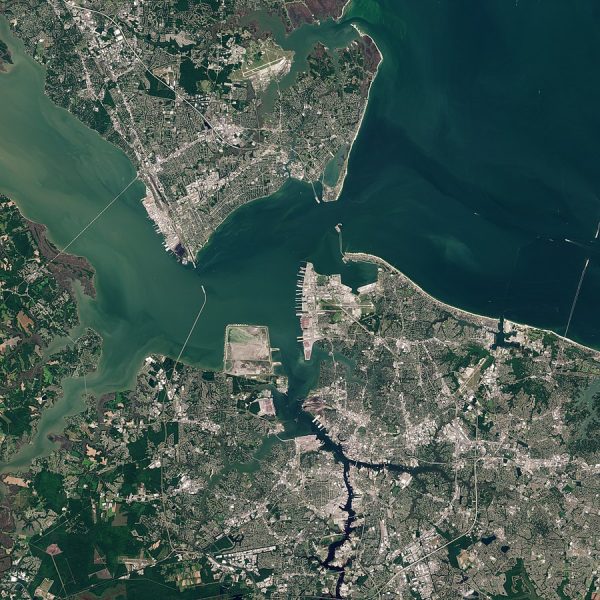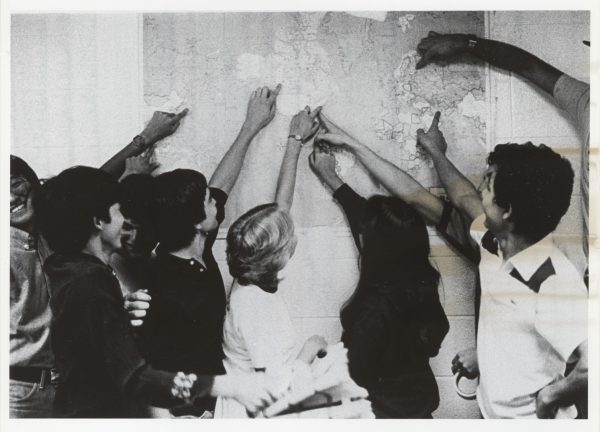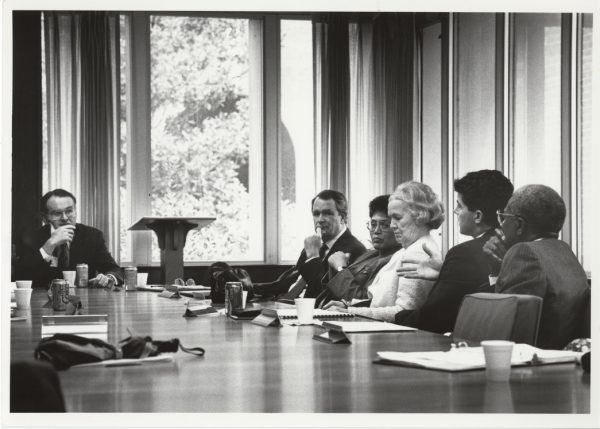Early Voting Begins for Virginia
December 20, 2021
Originally published September 27, 2021.
Early in-person voting for Virginia’s General Election began on Friday, Sept. 17, but there are many important dates to keep in mind as we get closer to election day. According to the Virginia Department of Elections, early in-person voting can now be completed at your local voter registration office, and the deadline to register or update your registration is Oct. 12. In the same vein, you may apply for a mail-in ballot until Oct. 22, and the last day of in-person early voting is Oct. 30. This is all pre-game for election day Tuesday, Nov. 2.
With all these dates to keep track of, it’s no surprise that students may feel overwhelmed by the prospect of voting. In reality, it’s simple. Begin by checking your registration status, and then find your local registration office to cast your ballot.
Voting amongst college-aged students had a significant impact during the 2020 primary elections. According to the Center for Information and Research on Civic Learning and Engagement, it is estimated that 52 to 55 percent of voting-eligible students casted ballots in the 2020 presidential election, which is a significant increase from the 42 to 44 percent in the 2016 elections. Moreso, overall the ‘youth’ share of the vote in the 2020 election is estimated at 17 percent, meaning student aged votes held a major influence on the election outcomes.
In Virginia’s General Election, votes can be cast for viable candidates for the positions of Governor, Lieutenant Governor, and Attorney General, as well as members for the House of Delegates.
The Democratic candidate Terry McAuliffe has served as Governor of the Commonwealth of Virginia before from 2014-2018. His campaign platform consists of promises for quality education, rebuilding the economy after the COVID-19 pandemic, addressing health care issues such as prescription drug costs, clean energy, women’s rights and gender equality, furthering vaccination goals and efforts, and more.
“I’m running for governor so that every student in Virginia receives a world-class education and can learn, thrive and have a clear pathway to success. This pandemic has presented Virginians with unprecedented challenges and I know that it has been especially hard on college students, who missed out on in-person learning and spending time with friends.” Democratic candidate McAuliffe’s campaign said in an email statement addressed to ODU students, “Now is the time to move our Commonwealth forward and make investments in students so we can create a better future for all Virginians.”
McAuliffe’s campaign encourages interested voters to read more on his 20 Points Plan on his campaign website.
“I hope that students at Old Dominion University will join me in this fight and make a plan to vote this fall by November second. Voting in Virginia is easy, it’s convenient, and it’s the best way to join with Virginians from across our Commonwealth and make your voice heard for a better future.”
The Republican candidate Glenn Youngkin is running on a similar platform. His campaign website details plans for pandemic recovery and job creation but differs from his running mate in which he also intends to focus on reducing crime and banning critical race theory from the high school curriculum.
After reaching out for comment, Youngkin’s campaign did not respond to our inquiries.
A third candidate, from the Liberation Party, is Princess Blanding. According to her campaign website, she stands for criminal justice reform, food sovereignty, and LGBTQIA+ rights.
Blanding’s campaign also could not be reached for comment.
Despite voter turnout being the highest in the most recent presidential election since 1980 according to the Pew Research Center, historically state and local elections have much less participation. Overall, the U.S. still ranks 24th out of developed nations when it comes to electoral participation. The motivating factor in the recent presidential election was that 83 percent of voters surveyed said it “really matter[ed]” who won. And that many states, like Virginia, took steps to expand mail-in and early voting due to the COVID-19 pandemic.


